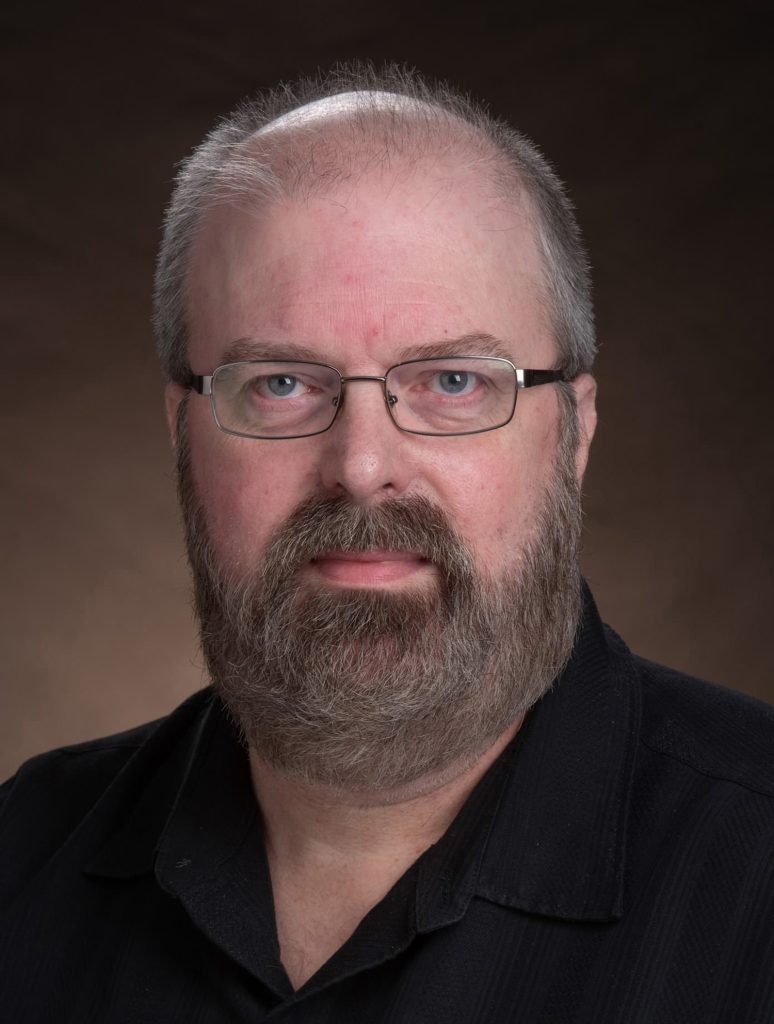The next on line seminar will be on Thursday, 27 March 2025
The next on-line seminar of the Society for the History of Alchemy and Chemistry will be given by Dr Christopher Halm (Deutsches Museum, Munich) who will present:
Escaping Earth, Sustaining the Moon: The ‘Chemistry’ Behind Public Narratives of Lunar Habitation and Cosmic Age
This will be live on Thursday, 27 March 2025, beginning at 5.00pm (London time). The format will be a talk of 20-30 minutes, followed by a moderated discussion of half an hour.
As with recent seminars the Zoom link can be freely accessed by anyone, member of SHAC or not, by booking through the following Ticket Source link:
The seminar will be also accessible live on YouTube at
Most previous on-line seminars can be found on the SHAC YouTube Channel: https://www.youtube.com/SocietyforHistoryofAlchemyandChemistry
Escaping Earth, Sustaining the Moon: The ‘Chemistry’ Behind Public Narratives of Lunar Habitation and Cosmic Age
Christopher Halm
Recent space programmes, particularly NASA’s Artemis initiative, present space travel and lunar habitation in ecological terms, emphasising sustainability and resource efficiency. Yet this rhetoric obscures a deeper historical trajectory.
This talk explores how lunar exploration narratives—rooted in museological practices, Cold War geopolitics, and the public presentation of moon rockresearch—have constructed the Moon as both a spatial and temporal escape from earthly crises. Focusing on museum displays and the scientific use of lunar samples, I argue that moon rocks have served as instruments for advancing and disseminating narratives of civilisational progress. In this context, the Apollo programme offered a redemptive vision—an escape from the destruction, division, and psychological rupture of the Second World War into the pristine, unclaimed realm of the Moon. Space exhibitions, such as those in Bonn’s Haus der Geschichte, and research institutions like the Max Planck Institute for Chemistry in Mainz have reinforced a narrative of spatial and temporal transcendence, framing moon rocks as heralds of a new era.
By tracing the political and scientific representations of moon rocks, this talk examines how the Moon has been enlisted in broader efforts to reframe human history, resolve cross-cultural traumas, and establish new frontiers of political and technological legitimacy.
Chemical Intelligence
The winter edition of Chemical Intelligence is now available on the SHAC web site on either of these links:
Best wishes
Rob Johnstone
On behalf of Frank James

